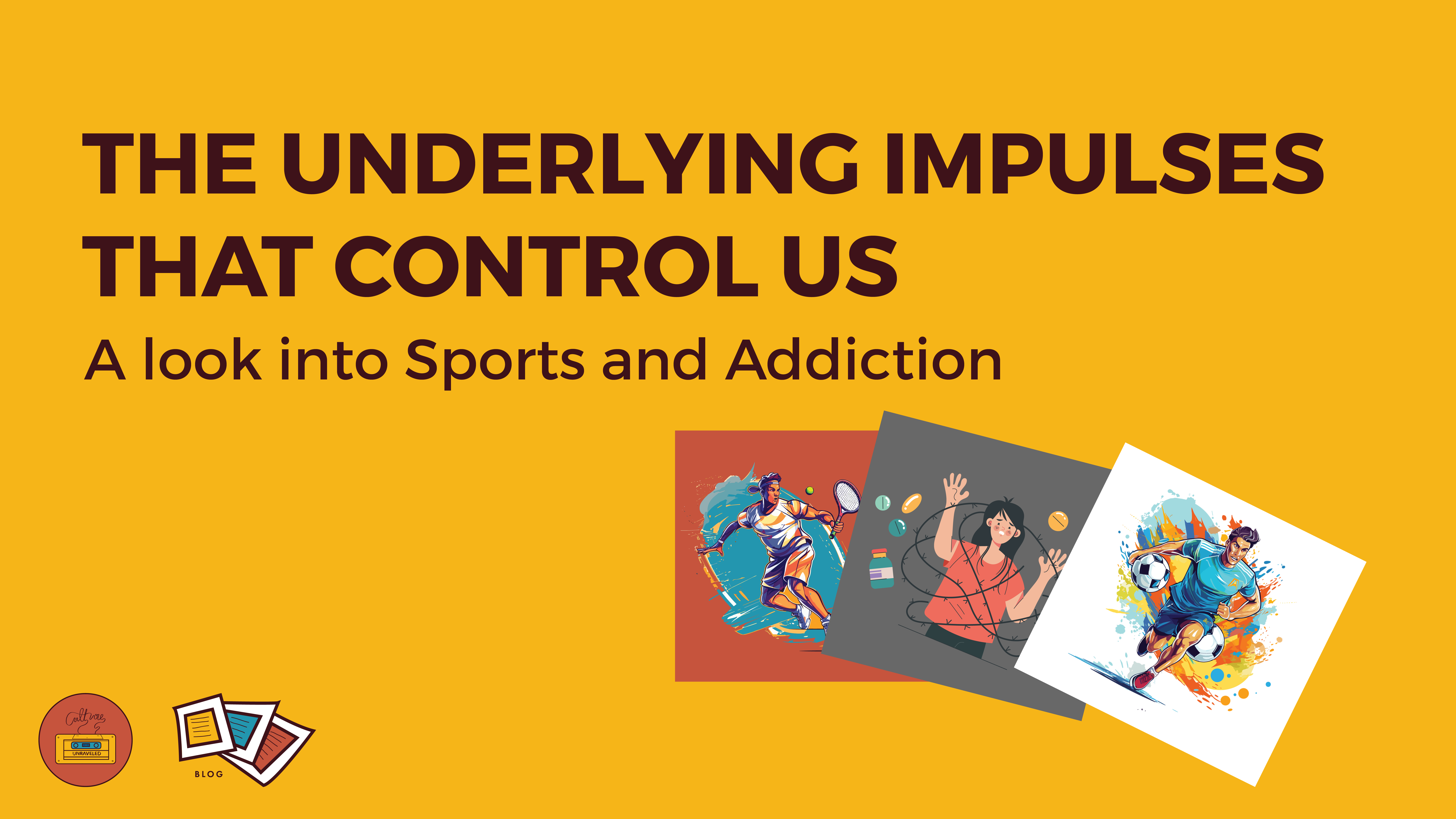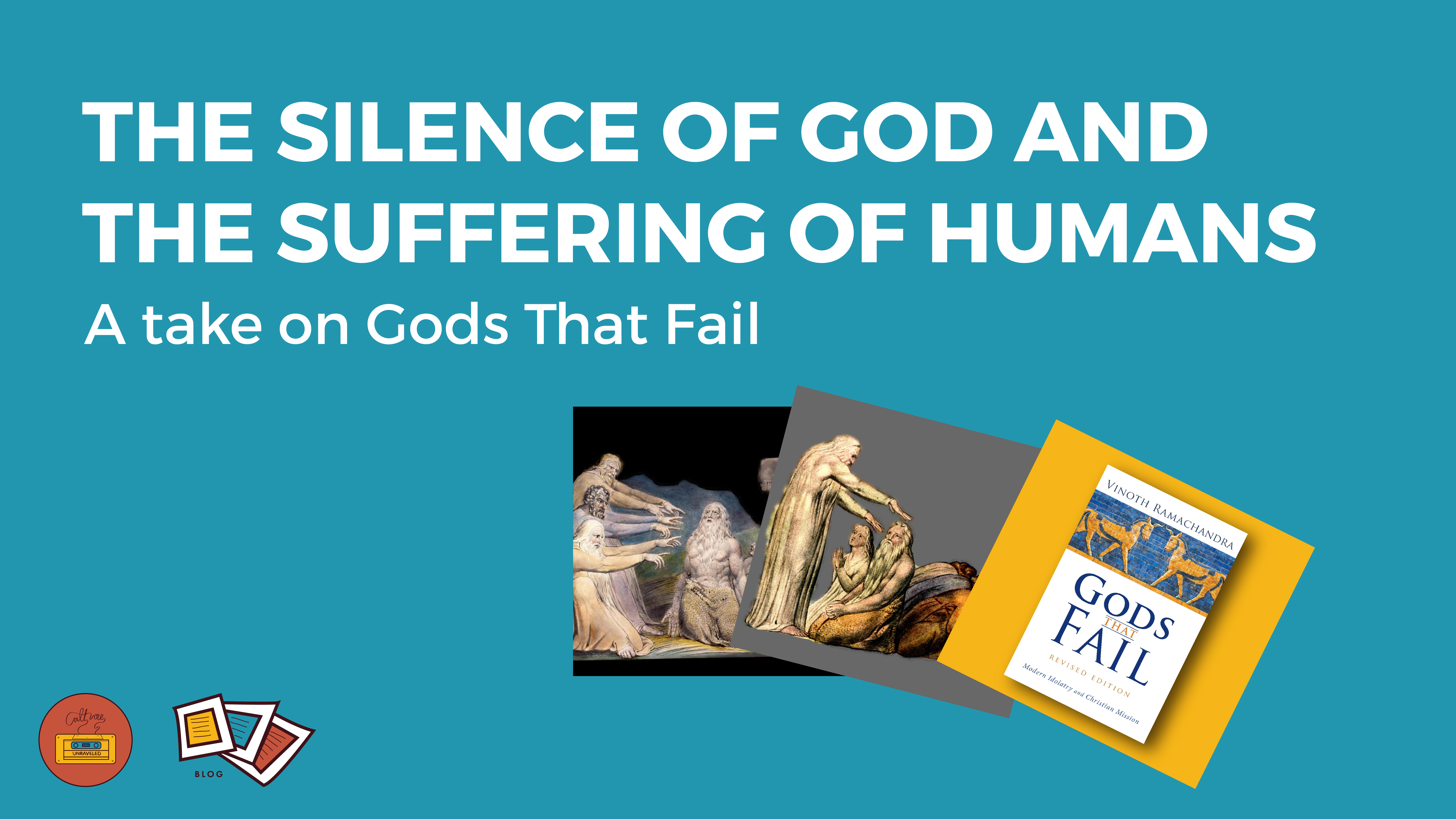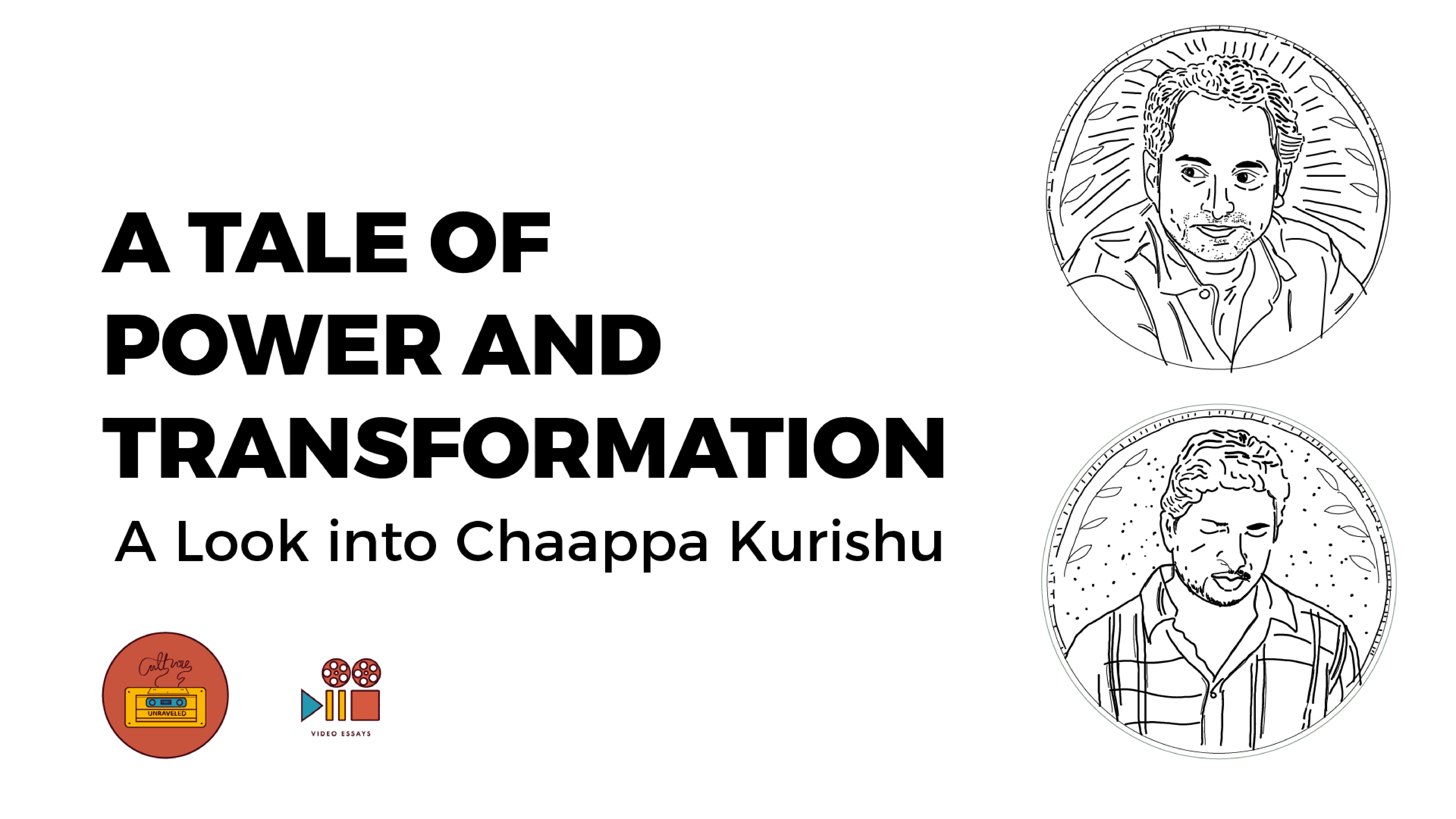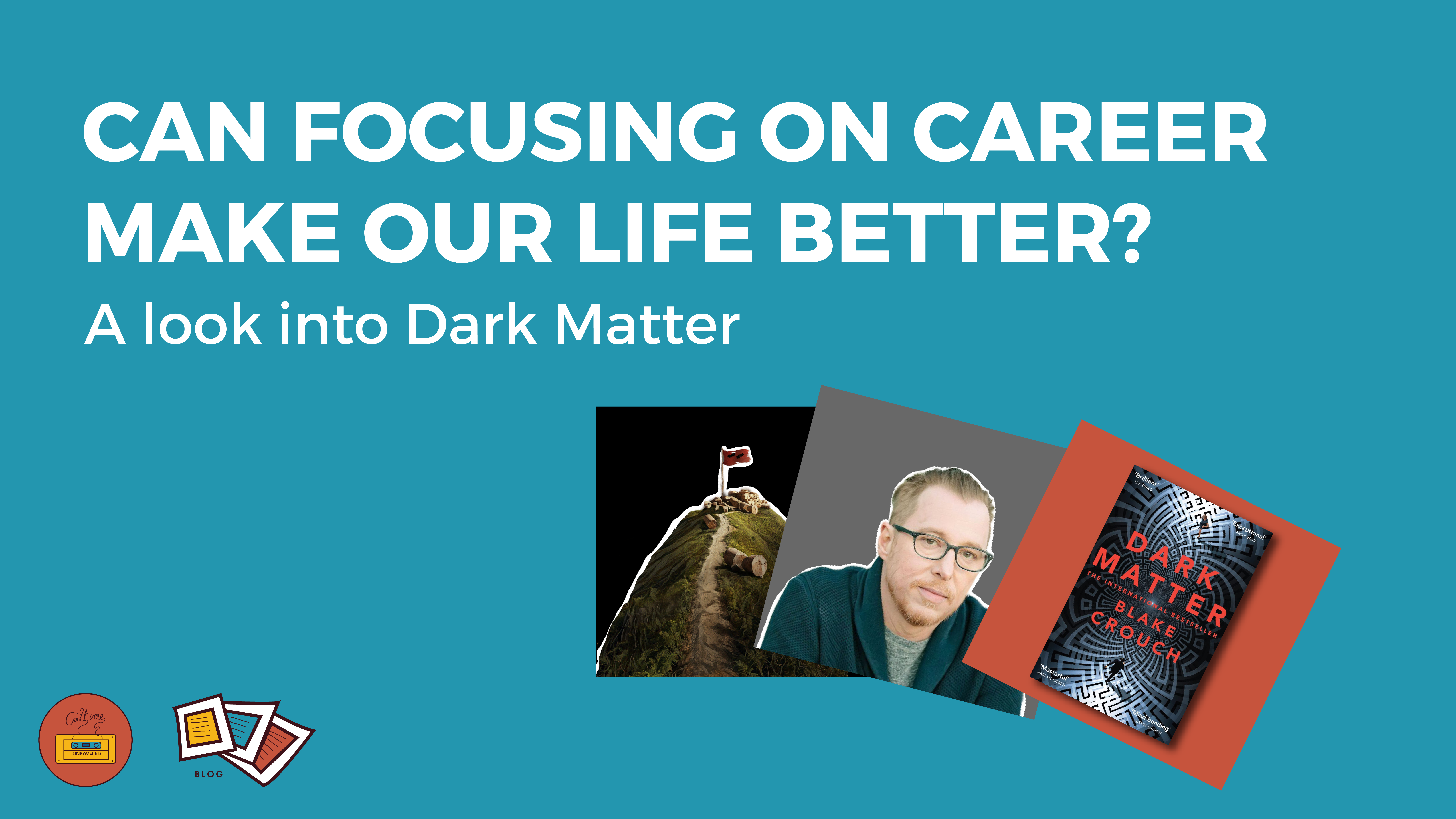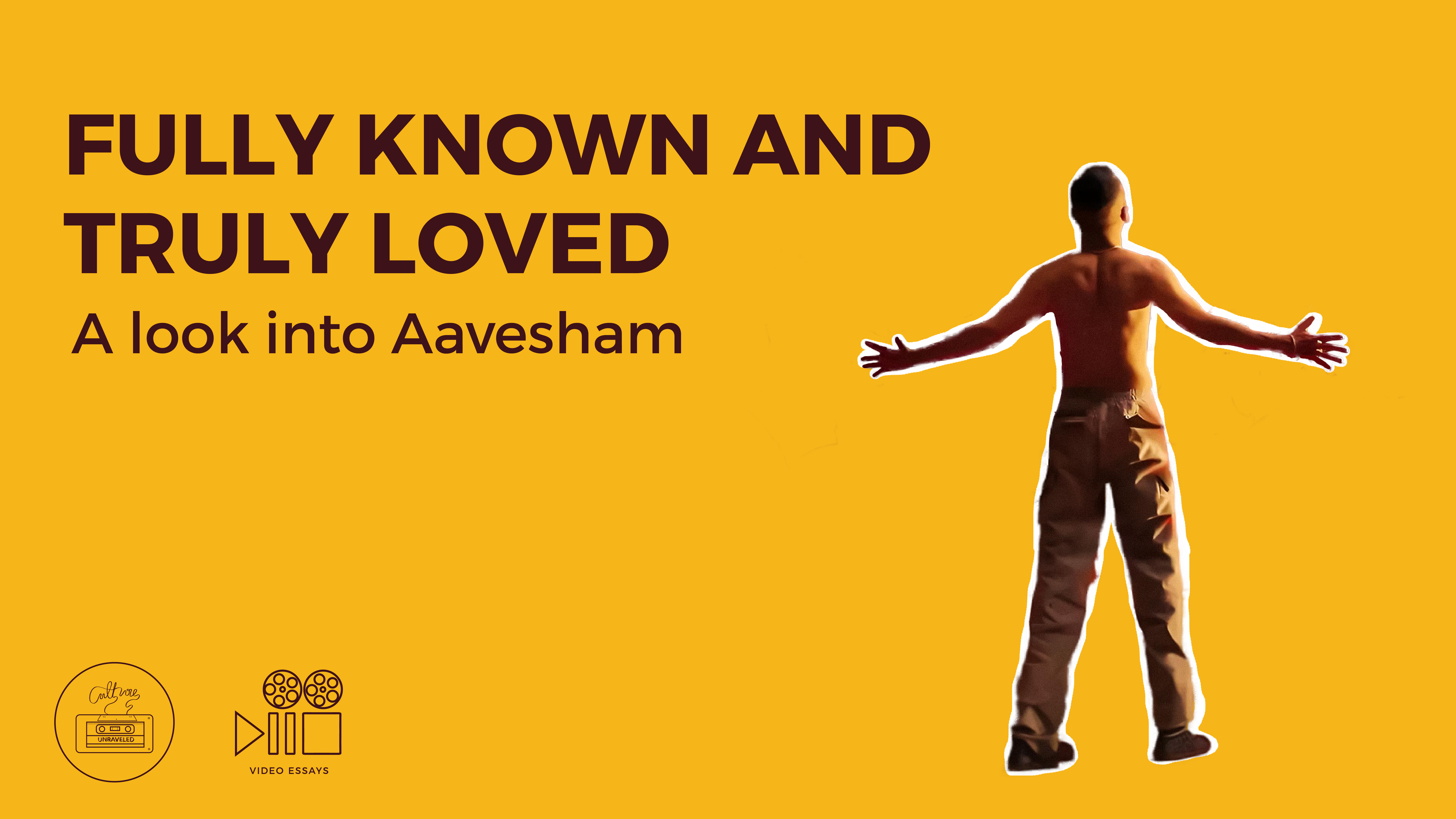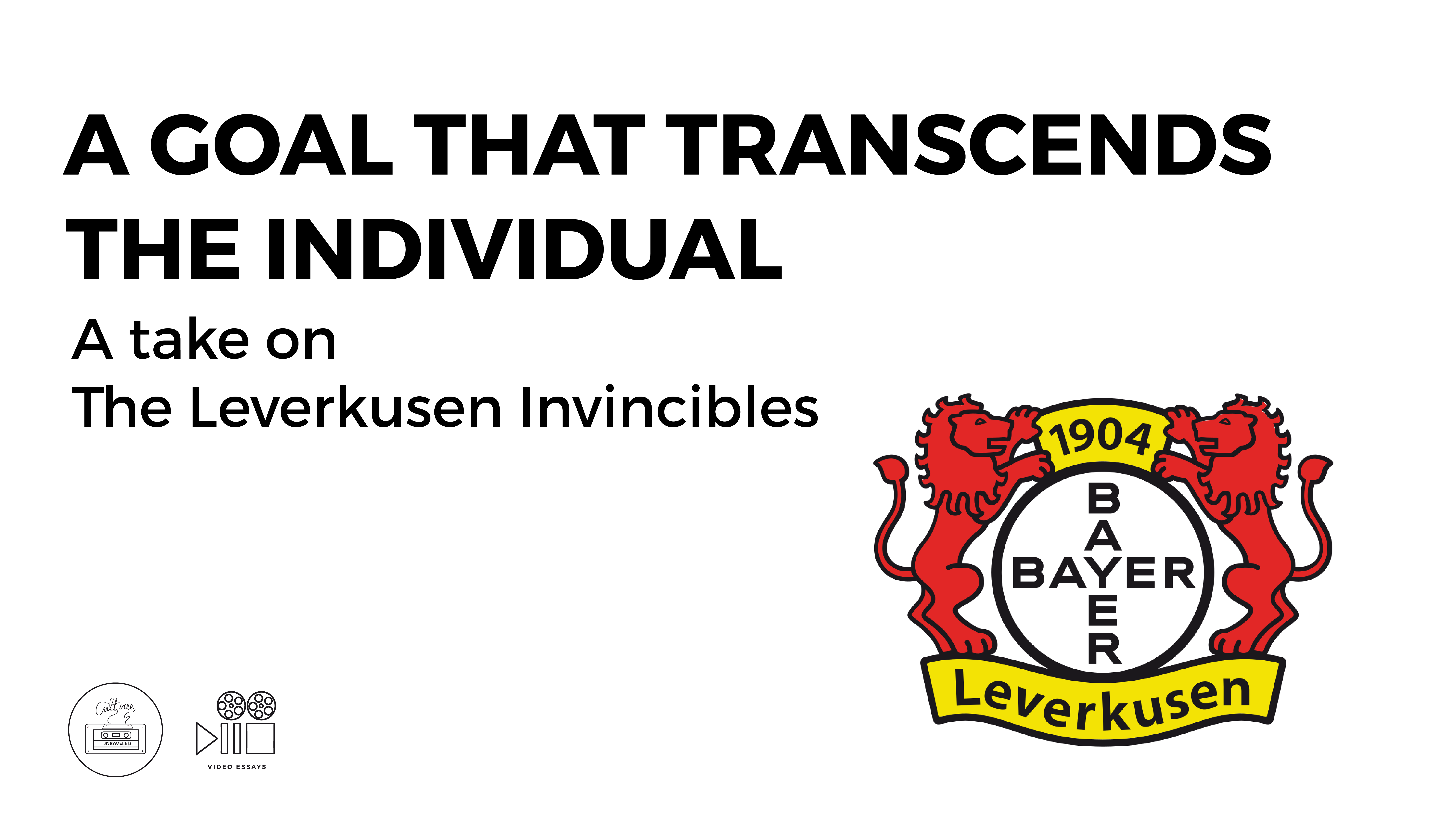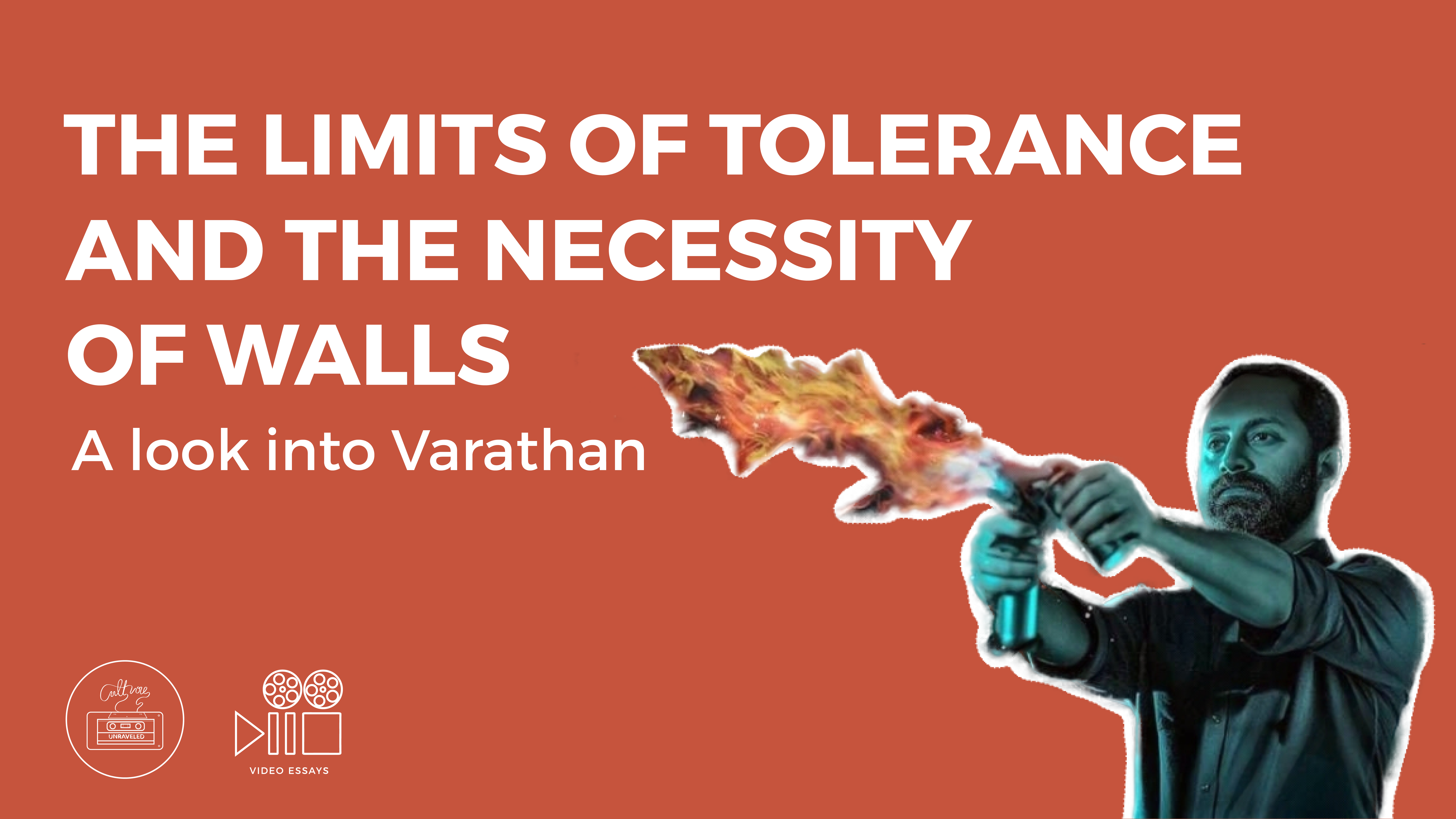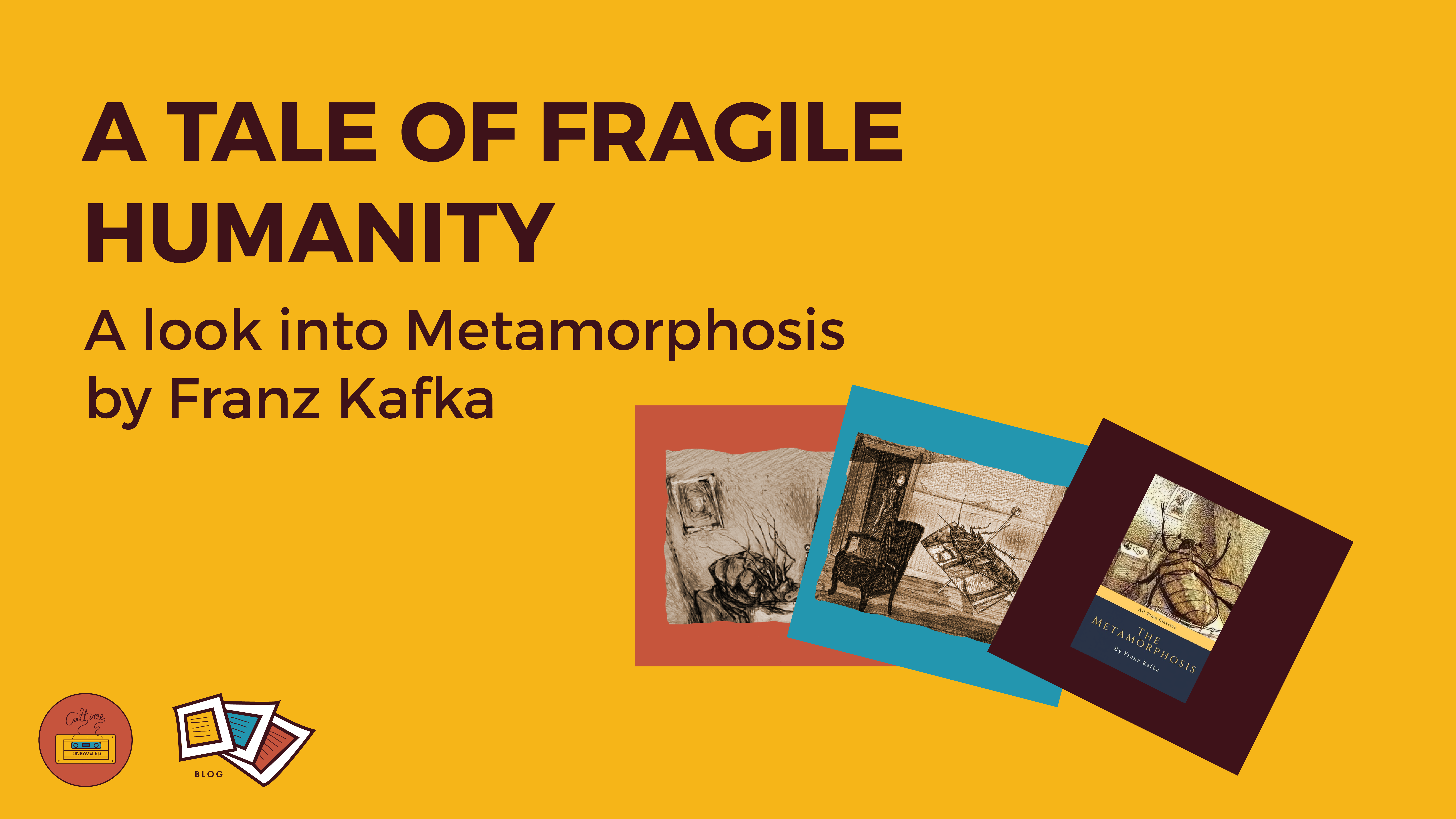
Have you ever wondered how absurd it would be to have a human-like mind in an insect-like body? That is what happened to Gregor Samsa, the protagonist of Franz Kafka’s allegorical tale, Metamorphosis. The story opens with a suspense breaker, summarising the entire plot that Gregor Samsa woke up one morning to found himself transformed into a monstrous insect. The similarity between the character “Samsa” and the author “Kafka” may be coincidental, but Samsa embodies existential angst, alienation, and shame, echoing Kafka’s own isolated journey.
In this novella, Kafka challenges traditional notions of humanity. While humans perceive themselves to be at the apex, embodying completeness and even mastering transhuman and posthuman forms, the protagonist undergoes a transformation into a lowly insect—an insignificant nuisance. It’s a tale of instability and unpredictability of life and existence. What could be more capricious than a breadwinner becoming a parasite?
The story blurs the boundaries between human and inhuman, of self and the other. Samsa’s metamorphosis into an insect renders him an outcast and tells a tale of the fragility of identity. His family overlooked his humanity, treating him as an obstacle. It reflects modernity’s danger of reducing individuals to mere objects. Gregor’s father fatally wounds him with an apple. His sister, once empathetic, now deems him a burden and wishes for his disappearance. She rejects his humanity, seeing him as a beast. Sartre’s says, “I exist, that is all, and I find it nauseating,” parallels Gregor’s existential despair. It embodies angst, disillusionment, and existential dread, resonating with the story’s themes of absurdity. Gregor, was once cherished and valued becomes nauseating to his family, rendering Sartre’s portrayal of human existence’s inherent emptiness.
Gregor toiled tirelessly to clear his father’s debts and to gain his acceptance. Yet, he became a debt his father sought to shed. Upon realising that his mere existence torments others, Gregor yearned to vanish into nothingness; a poignant critiques of society’s dehumanization. As he remained in a state of empty, peaceful reflection, his body became lighter and his last breath faintly streamed. Albert Camus says, “I see many people die because they judge that life is not worth living…paradoxically some get killed for the ideas that give them reason for living.” Gregor’s reason to live and die was his family.
The primal sin in the scripture is the fall of humanity from Imago Dei (God’s image) to a distorted one, from perfection to imperfection, fullness to incompleteness, and perfect fellowship to alienation. Gregor’s fall was from a human to an insect-like human, exhibiting both insect-like and humane natures. He shows empathy and love. Yet, he crawls the ceiling, and ate rotten food, showing the co-existence of animalistic elements in human nature. Humans, as inherently created as image bearers of God, possesses a sense of worth and dignity regardless of the outward circumstances. Gregor’s family’s sin lay in their failure to acknowledge his inherent dignity, contributing to his dehumanization. His metamorphosis reflects the spiritual and psychological alienation of people. The goal is to recognize the divine in all, regardless of differences. Despite this, Gregor clung to hope for restoration of his human form. His death was his redemption from dehumanisation. The restoration of humanity’s divine image is through God’s transformative grace—a costly gift of reconciliation with God, made possible by Christ’s love.
_________________________________________
Written by Shubhra Christy


